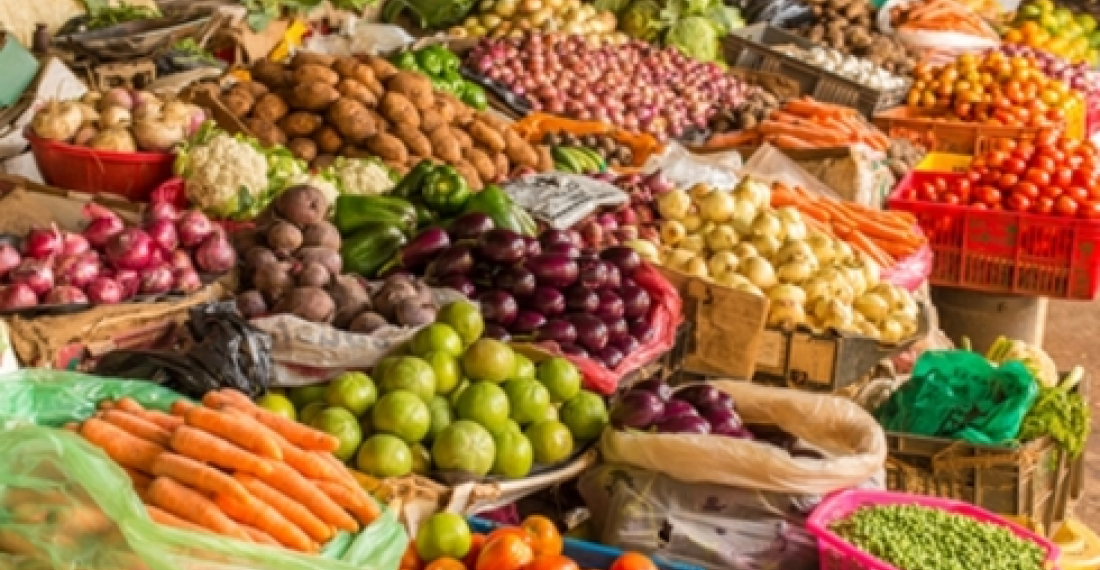The Armenian authorities are considering the possibility of expanding the export of agricultural products to Russia following the decision of the Russian government to ban or restrict food imports from the European Union and other countries. The ban is a response to EU economic sanctions on Russia following its annexation of the Ukrainian Region of Crimea and its distabilising activity in Ukraine.
The Russian News Agency Itar-Tass reports that Armenian Prime Minister Hovik Abrahamian discussed the issue of increased Armenian food exports to Russia at a special meeting with the heads of the country's leading food manufacturers."Higher exports of Armenian food products to other countries, including the Russian market, will give a powerful impetus to the national economy," Abrahamian said. "The government is prepared, within its capabilities, to promote the implementation of various export programs."
According to Armenia's Economy Ministry, the country produces 37 out of the 57 items hit by Russian sanctions, and 31 of them are already being exported to Russia. The exports of the 37 types of goods is estimated at $84.5 million annually, of which $61 million goes to Russia.
Beef, pork, fruits and vegetables, cheese, dairy products, poultry, nuts and other products are on the list of products banned by Russia.
Last week Armenia's Minister of Agriculture Sergo Karapetyan met with the heads of canneries and urged them to increase fruits and vegetables exports to Russia. Minister Sergo Krapetian said at that meeting that "traditionally about 70% of Armenia's farm produce is exported to Russia." The Minister said he hoped that Armenian food exports to Russia will double as a result of the present situation.
Some consumer groups have however expressed concerns that s move to direct Armenian agricultural products to the Russian market may result in shortages or artificially high prices at home.
source: commonspace.eu with agencies.







